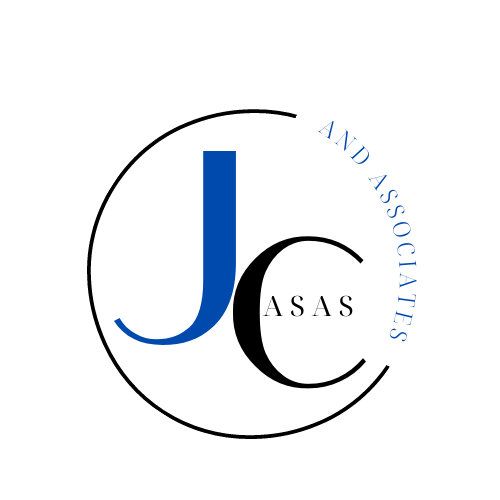Disruptive Thinking in Our Classrooms: Preparing Learners for Their Future
The world has and continues to change in ways that are difficult to predict. Regardless of the forces at hand, educators play a pivotal role in preparing students for success now and in the future. The best way to do this is to create a disruptive thinking culture in our classrooms and schools that future-proofs learning for ALL kids! Get ready for a roller coaster journey that weaves stories, practical ideas, and insights from thousands of classrooms to create meaningful learning experiences that will withstand the test of time. It’s time to challenge the status quo regarding teaching and learning in our classrooms. Our learners—and their future in a bold new world—depend on us.
Digital Leadership: Changing Paradigms for Changing Times
Change isn’t coming, as it is already on our doorstep. Educators need to recognize this in order to prepare learners with critical competencies to thrive in a dynamic world. As the world continues to evolve, so must educational practice. Digital leadership represents a strategic shift in mindset and actions that work to usher in needed changes to improve teaching, learning, and leadership while building powerful relationships with stakeholders in the process. The time is now to work smarter, not harder, to achieve better results. Using the Pillars of Digital Leadership, a framework to assist all educators in implementing sustainable change, attendees will be exposed to actionable strategies to support and enhance current areas of professional practice through a digital lens.
Efficacy-Based Leadership: Moving from Ideas to Results
Our country spends billions of dollars on programs, professional learning, innovative ideas and technology. Additionally, a great deal of time is spent trying to implement everything that has been purchased or heard about. How do you know that these investments are actually having an impact on learning and achievement? While it is natural to struggle with this, the end goal should be to achieve efficacy. This session will focus on developing evidence to support a Return on Learning (ROL) when investments are made to improve outcomes. Attendees will be exposed to various proven strategies to improve pedagogy and curate various forms of evidence to validate expenditures and garner stakeholder support.
Pedagogical Leadership: Seeing the Bigger Picture
Instruction is what the teacher does, whereas learning is what the student does. Here is where a sole emphasis on instructional leadership might not lead to efficacy at scale. Pedagogical leadership, on the other hand, encompasses all the many ways to support effective teaching and learning. The main differentiator here is a broader view that includes more attention to what the learner is doing and the supports needed for success. During this immersive session, attendees will focus on strategies as well as numerous responsibilities and roles that work to ensure a vibrant learning culture that helps meet all students' needs.
Personalized Learning: The Why, How, and What
How are you or your school making learning personal? If all kids are doing the same thing the same way at the same time, a change of course is warranted. Personalized learning is not about putting all kids in front of a device at the same time on an adaptive learning tool to “collect” data. It’s about a fundamental shift from the “what” to the “who” to emphasize personal ownership of learning through relevant contexts and applications. The goal is equity for all. In this session, participants will explore blended strategies and examples of how to personalize learning with and without technology in any classroom.
